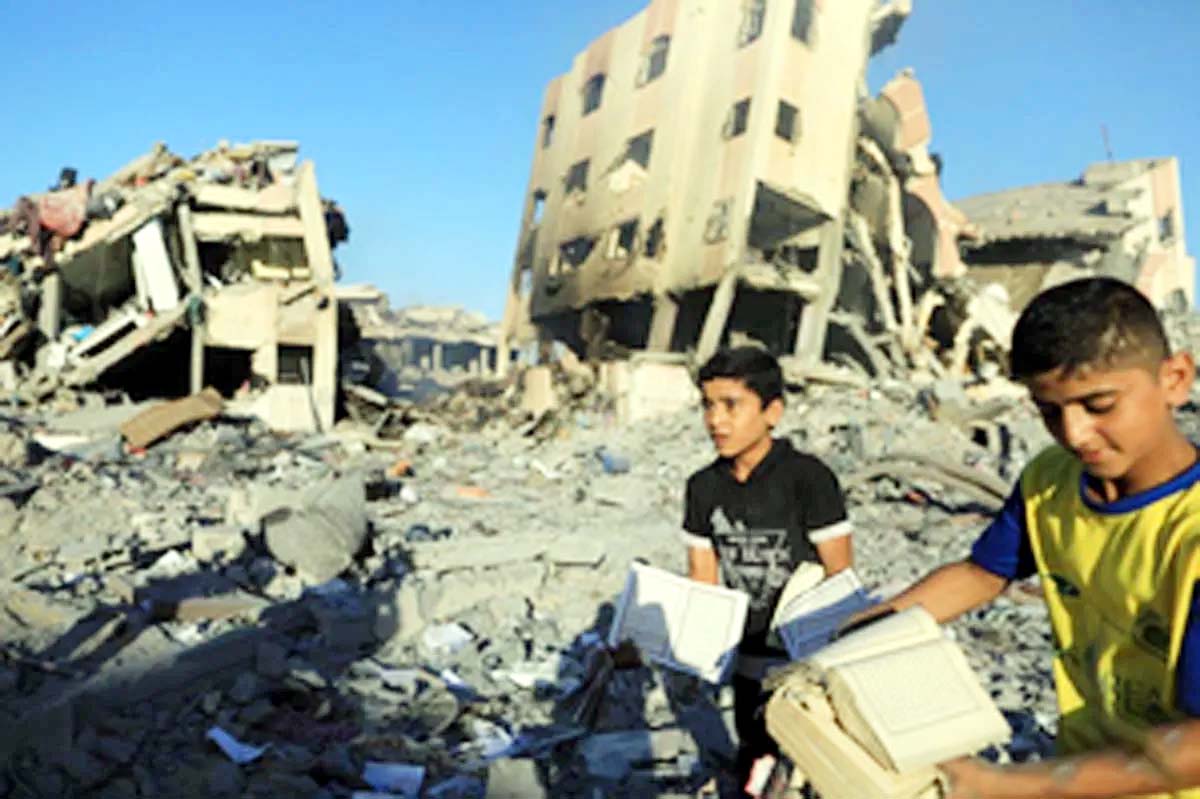
Geneva: United Nations (UN) agencies have warned that ordinary people in the Gaza Strip are going through a terrible crisis. He called on all parties to provide adequate humanitarian assistance to prevent the situation from worsening. Rick Brennan, Regional Emergency Director for the Eastern Mediterranean region of the World Health Organization (WHO), said on Tuesday that more than five thousand people have died due to the ongoing bombardment of Gaza. Half of them may be women and children. Brennan was addressing a press conference here from Cairo. He said one-third of Gaza’s hospitals are now closed. People suffering from chronic illnesses are unable to access the services they need and their mortality rates are likely to increase. According to the WHO official, an estimated 150 to 200 women are giving birth there every day, and women who face difficulties during delivery are at particular risk.
“About 14 lakh people are now seriously displaced,” he said. It is unprecedented for such a large number of people to be displaced in such a short period of time. This is an incredibly difficult situation. Infectious diseases may also spread soon.”
Brennan also stressed that fuel is essential for the functioning of hospitals and ambulances. WHO continues to advocate large-scale protected humanitarian operations. Tamara Alrifai of the United Nations Relief and Works Agency for Palestine Refugees (UNRWA) told a briefing from Amman that since October 21, three convoys of humanitarian supplies have entered the Gaza Strip with 54 trucks.
He said that before the conflict, 500 trucks were coming into the Gaza Strip every day, so the 15 to 20 trucks per day that had reached Gaza in the past three days were far less than what was needed. He said UNRWA called for the humanitarian blockade to be lifted and urged continued and unhindered humanitarian aid access to the Gaza Strip. He said the displaced people would soon need warm clothes for winter. “Due to overcrowding, many people are sleeping out in the open, which will become very difficult when winter arrives,” he said.















